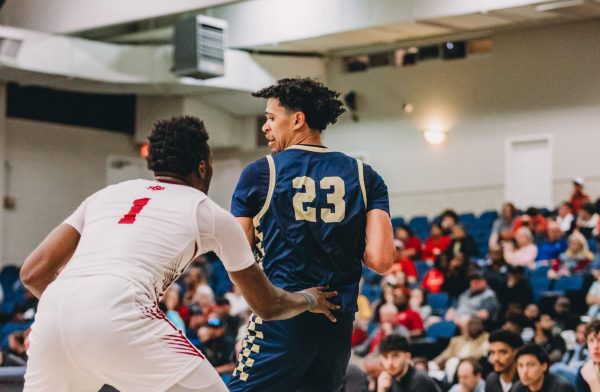The 21st century athlete: is good sportsmanship on the outs?
Tennis superstar Serena Williams has won 27 ‘Grand Slams,’ but she displays some of the worst sportsmanship among professional athletes.
At the 2009 U.S. Open semifinals, Williams was called for a foot fault at a critical moment. The call resulted in a double-fault for Williams and put opponent Kim Clijsters one point away from victory. Williams needed to keep her cool. She had already received a code violation warning for breaking her racket after losing the first set. Instead of focusing back on the match, she verbally attacked the lineswoman.
“I swear to God I’m [expletive] going to take this [expletive] ball and shove it down your [expletive] throat,” Williams said.
The chair umpire awarded a penalty point to Clijsters after Williams’ tirade. Her temper ended the match.
The tempermental tennis star did not learn her lesson. She erupted again in the 2011 U.S. Open final.
Williams got off to a bad start against Samantha Stosur, losing the first set 2-6. Facing a break point in the second set, Williams ripped a sure winner. She celebrated with her familiar yell of “Come on!”
But Williams had yelled while Stosur attempted to return the ball. That is a violation of tennis’ “intentional hindrance rule.” The chair umpire awarded the point to Stosur, and Williams issued an angry response.
Williams threatened, “If you ever see me walking down the hall, look the other way because you’re out of control, you’re out of control.”
There is no doubt that Williams was put in tough spots because of questionable calls. However, there is no excuse for her actions. She crossed the line. She seems to really believe that these officials had it in for her. She acted as if she’s the only one who has ever been victim to a bad call.
Williams and many other professional athletes could use a lesson in sportsmanship. Lebron James leaves the basketball court after losses without congratulating the other team. The New York Giants’ defense has been accused of faking injuries to stop the opposing offense’s momentum. Good sportsmanship is when teammates, opponents, coaches, and officials treat each other with respect. Thankfully, the idea of sportsmanship isn’t lost on all. Pro athletes should take notice of Josh Ripley, a high school cross country runner.
Last month, Ripley was running in a cross country meet when he heard another runner yell in pain. While the other runners paid little attention to Mark Paulauskas, Ripley went back to check on him. When Ripley saw Paulauskas holding his bloody ankle, he carried the injured runner a half mile back to coaches and family members.
Paulauskas was immediately rushed to the emergency room. It turns out that he was accidentally spiked by another runner’s shoe during the race. The injury required 20 stitches.
Incredibly, Ripley went on to finish the race. While Ripley obviously didn’t win, he cared enough to finish what he started.
“I didn’t think about my race. I knew I needed to stop and help him,” Ripley said in a press release. “It was something I would expect my other teammates to do. I’m nothing special; I was just in the right place at the right time.”
The kind of sportsmanship Ripley showed is rare these days. For some, winning appears to be all that matters. I’d rather play with dignity and lose than win by being a bad sport any day. Losing gracefully is nothing to be ashamed about. If only Williams and other pro athletes would take heed of the wise saying, “It’s not whether you win or lose; it’s how you play the game.”






